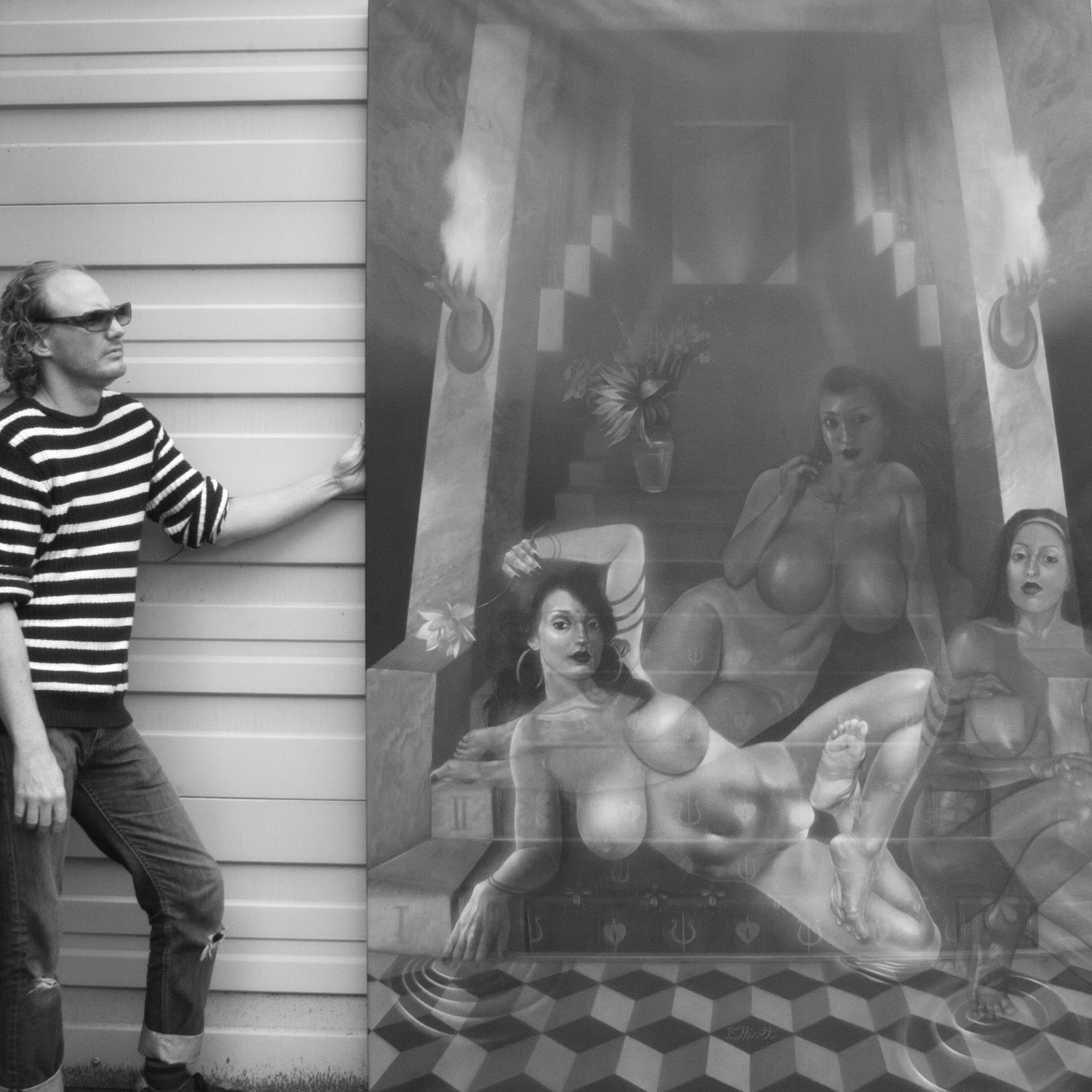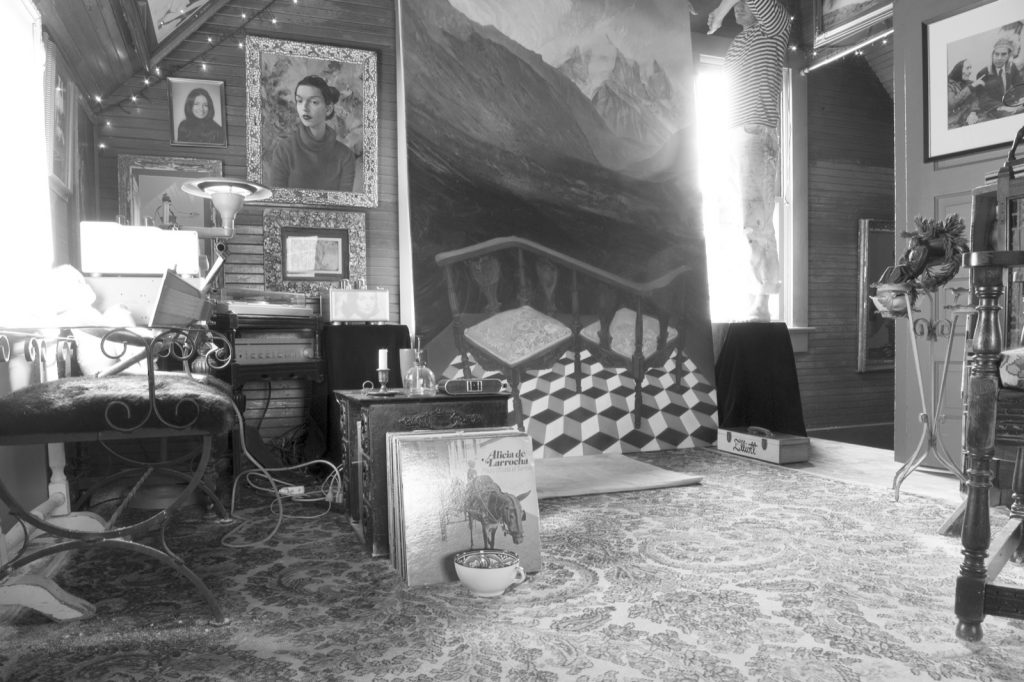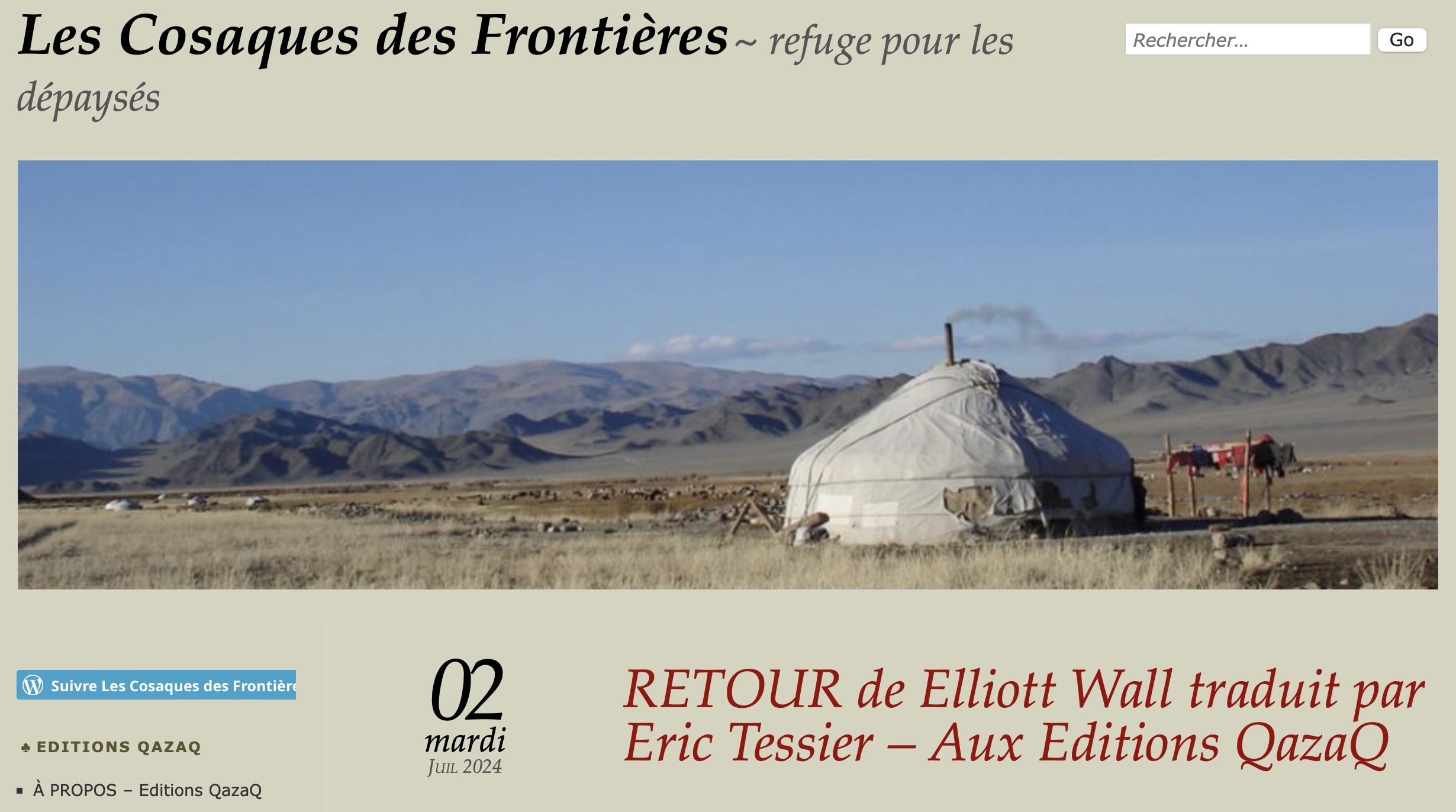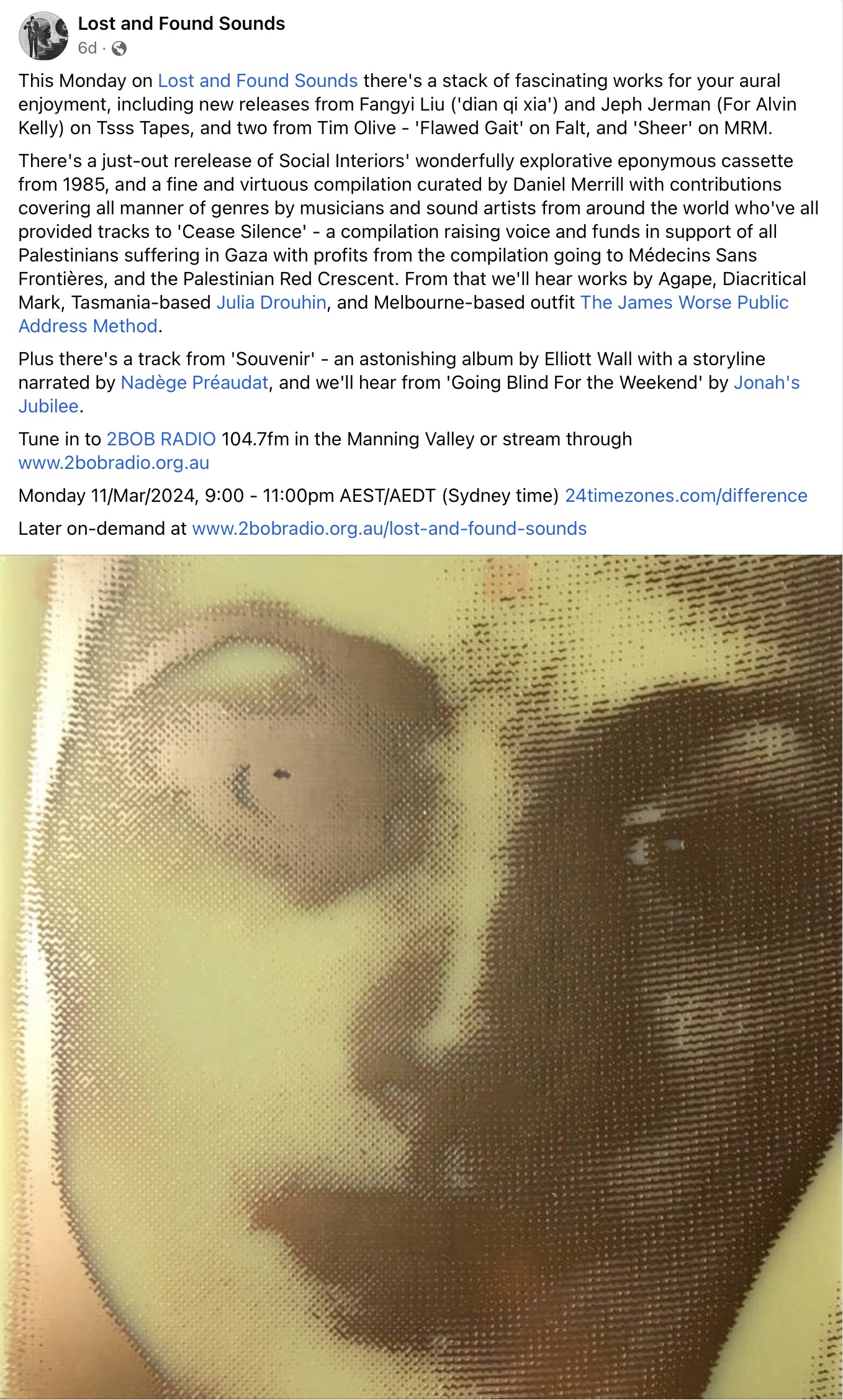Current
151, 2019-04, …um den Zufall am Schopf zu fassen!, oil on canvas, 82 x 90″ (208 x 228cm)
150, 2018-12, ANIMVS·SVMMISSVS [post], oil on linen (installation), 60 x 90″ (152 x 228cm)
149, 2018-12, There is one story and one story only., oil on linen, 60 x 90″ (152 x 228cm)
148, 2019-08, Earth vs. Space, oil on linen, 60 x 90″ (152 x 228cm)
147, 2018-08, Begjær… og Seterjentene (Lust), oil on linen, 82 x 90″ (208 x 228cm)
136, 2018-01, Montagne d’Or (der Gute Berg), oil on linen, 60 x 90″ (152 x 228cm)
135, 2017-11, Concerning the heavy-handed use of symbols., oil on linen, 60 x 90″ (152 x 228cm)
123, 2017-03, Helping people to achieve their potentialities., oil on linen, 60 x 90″ (152 x 228cm)
122, 2017-02, я иду с мечем, судия, oil on linen, 60 x 90″ (152 x 228cm)
121, 2017-01, Alles ist Schoen, oil on linen, 60 x 90″ (152 x 228cm)
120, 2016-05, Блис Белай, oil on linen, 60 x 90″ (152 x 228cm)
88, 2009-09, Les Demoiselles d’Avignon, oil on linen, 58 x 90″ (148 x 228cm)
Unfinished
152, 2020-01, OOBE (Le Rêve— Temple of Artemis, Song of the Sleeping Forest, Symbol of Life, Love, and Aesthetics) [unfinished], oil on linen, 60 x 90″ (152 x 228cm)
154, 2020-05, L’Apocalypse des Animaux [unfinished], oil on linen, 82 x 90″ (208 x 228cm)
155, 2020-06, Black Hula (Satellite Serenade/Brightness Hiding) [unfinished], oil on linen, 82 x 90″ (208 x 228cm)
156, Now is the best time of your life
Older
132, 2017-11, Island, oil on panel, 24 x 36″ (detail)
130, 2017-07, La Victoria, oil on panel, 27 x 40″ (detail)
126, 2017-04, Electrum, oil on panel, 16 x 22″ (detail)
125, 2017-04, Nothing, oil on panel, 20 x 30″ (detail)
124, 2017-01, 1960’s Institutional Turquoise, oil on panel, 20 x 26″
111, 2012-01, Violet, oil on panel, 16 x 20″
105, 2010-11, Lyre Plyre, oil on panel, 17.5 x 23.5″
101, 2010-04, Heidi, oil on panel, 18 x 24″
99, 2010-04, Marianna, graphite on paper, 16 x 20″
97, 2009-12, Present, oil on panel, 56 x 42″ (detail)
93, 2009-10, Julia, oil on panel, 20 x 30″
92, 2009-10, Vanitas, oil on panel, 18 x 20″
83, 2008-11, Evening star, oil on panel, 30 x 56″
77, 2008-05, The Cure Within, oil on panel, 14 x 20″
76, 2008-05, Rachel Cupo, oil on panel, 24 x 30″ (detail)
71, 2008-03, Vulcan berimbau, oil on panel, 19 x 40″
67, 2007-12, Belle, oil on panel, 18 x 24″
63, 2007-08, Artemis, oil on panel, 60 x 60″ (detail)
62, 2007-05, This kingdom by the sea, oil on panel, 18 x 18″
61, 2007-05, Montagne d’Or, oil on panel, 14 x 22″
59, 2007-03, My Rosy Monique, oil on panel, 16 x 20″
58, 2007-03, Eurydice, oil on panel, 40 x 37″
57, 2007-02, Pink snow, oil on panel, 44 x 42″
53, 2006-04, Khloris, oil on panel, 36 x 60″
49, 2005-07, Chinese box, oil on panel, 24 x 48″
46, 2004-10, Where the moon goes, oil on panel, 18 x 24″
45, 2004-09, Double flowering plum, oil on panel, 17 x 23″
17, 2001-10, Ruth, oil on panel, 18 x 24″ (detail)
3, 1998-03, Rachel, oil on panel, 18 x 24″
2, 1998-03, Elizabeth S., oil on panel, 18 x 24″
Miscellaneous
Audio Tour: RETOUR [post], 2023, binaural museum tour and guided visualization
Audio Tour: Souvenir [post], 2022, binaural museum tour and guided visualization
Custom Binaural Microphone Chassis, 2022, industrial design
ANIMVS·SVMMISSVS [post], 2018, installation
Custom 50L6 Valve State Amplifiers [post], 2015 – 2019, prototype chassis art, industrial design, and electronics for CoffmanLabs
The Great Clock of Time [post], 2013, album art and dub plate design for Kris Weston
Honors
Educator-Lecturer, 2018, lecture series, “Philosophy, Aesthetics, and Draftsmanship”, The People’s Colloquium, Portland, OR
Artist-in-Residence, 2009 – 2010, 2016 – 2017, Splendorporium, Portland, OR
Artist-in-Residence, 1996, 1997, Overton High for Creative and Performing Arts, Memphis, TN
University of Memphis, 1993 – 1995, 4-year Fine Art Merit Scholarship
1992 Tennessee Governor’s School for the Arts, MTSU
Selected Exhibitions
July 2020, Untitled Enthymeme, solo show, CHAOS Gallery, Portland, OR
May 2019, Unicorn, solo show, CHAOS Gallery, Portland
December 2018, Encyclical, group show, Elisabeth Jones Art Center, Portland
August 2018, The Seven Deadly Sins, group show, Splendorporium, Portland
November 2017, Self Care, group show, Ford Gallery, Portland.
October 2017, Value Test I, solo show, Portland.
July 2012, obj≠ction — Gender, Sex, Law, and Social Change, group show, Lewis & Clark College, Portland.
December 2010, Insolitus: Suda, Cifuentes, Wall, Skotia Gallery, Santa Fe, NM.
July 2010, Naked, group show, Skotia Gallery, Santa Fe.
June 2010, Elliott Wall, solo show, Splendorporium, Portland.
June 2010, Two of a Kind, group show, Froelick Gallery, Portland.
February 2010, Erotic Art, group show, Beet gallery, Portland.
September 2009, Elliott Wall and Andy Paiko, group show, Splendorporium, Portland.
August 2006 – June 2009, (Various), Manette Gallery, Portland.
December 2008, Puddletown, group show, Compound Gallery, Portland.
May 2008, Buckwheat & Grits, solo show, Carr Gallery, Idaho Falls, ID.
June 2006, Alien, group show, Mark Woolley Gallery, Portland.
October 2005, Eyes Follow You, solo show, Concrete, Portland.
July 2005, Taste, group show, Thomson-Peterson, San Francisco, CA.
January 2005, Something of Our Common Feeling, group show, Delta Axis, Memphis, TN.
November 1998, Jean-Luc Godard, group show, Hideaway, Memphis.
May 1998, solo show, Edge Gallery, Memphis.
September 1994, group show, University of Memphis Gallery.
Press
Art exhibit ‘Unicorn’ goes big with exciting countercultural themes by Jeffrey Gillespie, Oregonian, May 2016
Vous n’aurez pas la peau de Maman Küsters by Rod Glacial, mention, Vice Magazine (France), March 2016
Insolitus: Suda/Cifuentes/Wall by Richard Tobin, THE Magazine, p.48, February 2011
People are Strange by Casey Sanchez, Pasatiempo, p.42, December 17, 2010
The Oregonian, Rebel Galleries, A&E, April 27, 2007.
The Oregonian, Artwalk feature, March 2007.
Portland Monthly, On the Town, p.233, October 2005.
Commercial Appeal, A splash of great painting by Fredric Koeppel, January 21, 2005.
Facing It: Nine artists explore human expression by Carol Knowles, Memphis Flyer, February 18, 2005.
Other
Maman Küsters, Happy Meal, (vinyl), album art, June 2023
Maman Küsters, Alice de Lewis Glisse, album art, April 2020
Maman Küsters, L’Extase Et La Terreur, (vinyl), album art, April 2020
Lackluster (Esa Ruoho), Spoo/Something Bothersome, album art, April 2020
Lackluster (Esa Ruoho), Catch23/Kosmos9, album art, March 2020
Lackluster (Esa Ruoho), Ubiquity: Bolivian Angel Remix, album art, February 2020
Maman Küsters, Cherche Querelle, album art, December 2019
Holly Andres, commission, seven 82 x 90″ painted backdrops for photoshoot, May 2018
Dale Cooper Quartet & The Dictaphones: «[We try to bring humor into the darkness]», Rolling Stone Russia, Metamanoir, album art bandcamp embed, November 2017
Maman Küsters, Sous La Peau De Maman Küsters, album art, 2016
Holly Andres, commission, painted backdrop for photoshoot, December 2013
Dale Cooper Quartet & The Dictaphones, Metamanoir, album art, 2011
Themes and Foundations of Art (ISBN 0538429739) by Elizabeth Katz, pp. 357, 370, 1995.
Kind Words
“…An abundance of lush imagery that draws upon multiple themes, from Aristotelian philosophy to Maslow’s hierarchy of needs. The paintings are painstakingly produced and filled with a technical excellence that does not rely on creative cliches. The artist riffs on themes of occultism, eroticism and sacred geometry in a show that is exciting and countercultural. […] Wall’s artwork is carnal, lyrical, original and uplifting. His subject matter is in distinct contrast to that of some of the safer art venues around town… it’s well worth a visit if your aesthetic interests expand beyond the traditional.”
from Art exhibit ‘Unicorn’ goes big with exciting countercultural themes by Jeffrey Gillespie, The Oregonian, May 20, 2019
“The wild card of the bunch is Elliott Wall…. His standout piece in the Insolitus show is Lyre Plyre… [he] twists the woman’s locks into an up-do that is part Cleopatra and part 1920s flapper encased in a baroque glass frame – so ersatz rococo it would be at home in a Tijuana watering hole or at least a self-consciously hip dive bar.”
from People are Strange by Casey Sanchez, Pasatiempo, December 17, 2010
“Wall follows the nineteenth century convention for figure studies involving a nude female, in which the model is portrayed as the guise of some classical goddess or mythic maiden…. The challenge to realist painting from photography, dating from the late nineteenth century, fades today in comparison with the mimetic capacity of digital technology to create and manipulate high-definition, 3-D imagery. Perhaps the only effective response can be found in the work on view in Insolitus, one which is marked, in the approach of all three artists, by an overriding sense of creative control and an underlying concern for poetic import.”
from Insolitus: Suda/Cifuentes/Wall by Richard Tobin, THE Magazine, February 2011
“…Portland, Oregon, artist Elliott Wall’s No One Wants To See This explores sexuality and mortality with postmodern appropriation and esoteric references… a complex and provocative work.”
from Nine Artists Explore Human Expression by Carol Knowles, The Memphis Flyer, February 18, 2005
“Skill comes into play in a fashion that reaches for the sublime… The ambiguous conjunction of elements here is unsettling in its marriage of allure, eroticism, religion and incantation, all the more so because Wall’s technical agility… is utterly frictionless, almost luxurious.”
from A Splash of Great Painting by Fredric Koeppel, Commercial Appeal, January 21, 2005
Little Bird: “Which emerging artist do you think more people should know about?”
Andy Paiko: “Elliot Wall, A Portland, OR painter and evil genius.”
[To contextualize this amazing remark, he is only pointing out the very true fact that “evil” is a relative term, and that I am simply not as virtuous or excellent as he is— EW]









